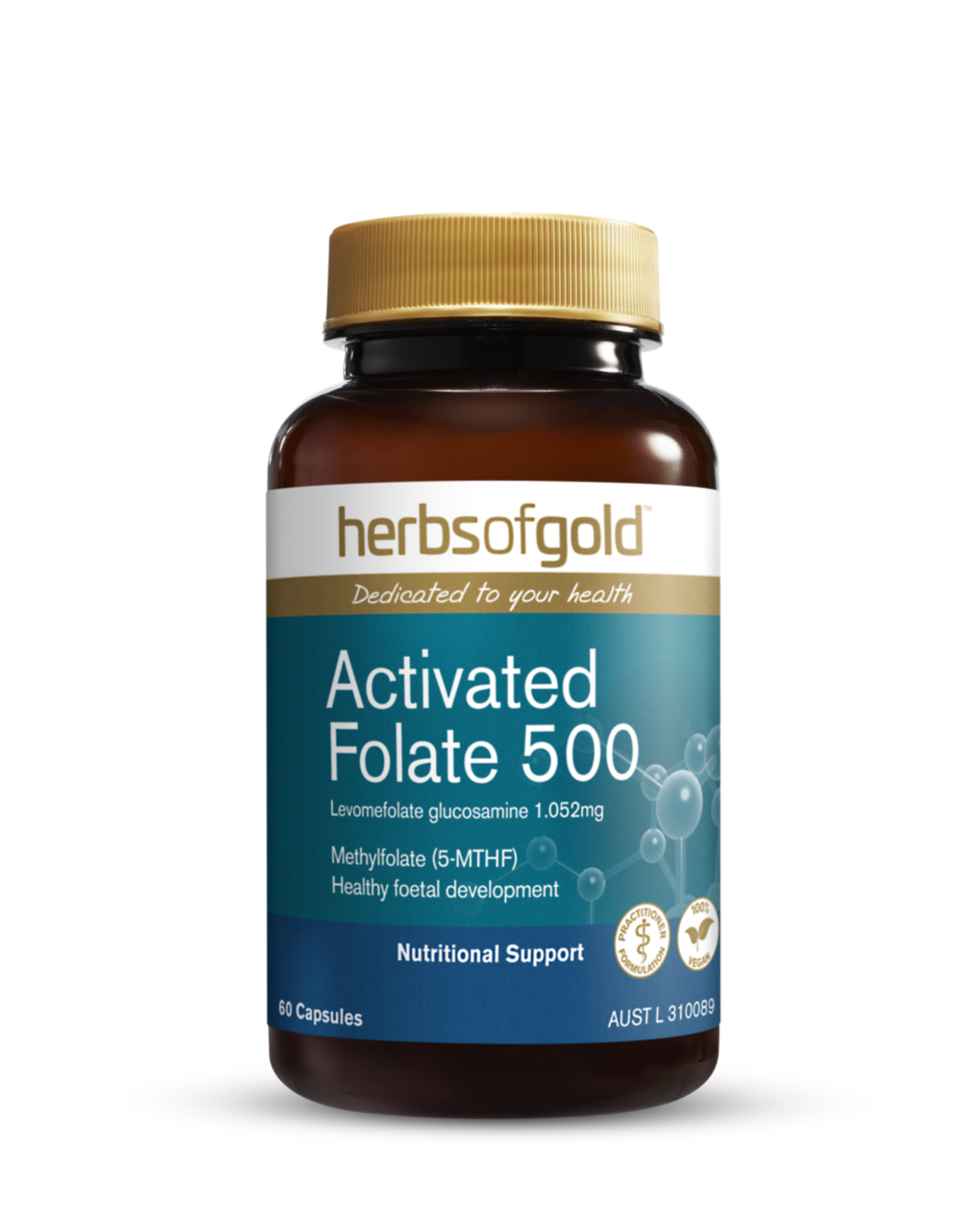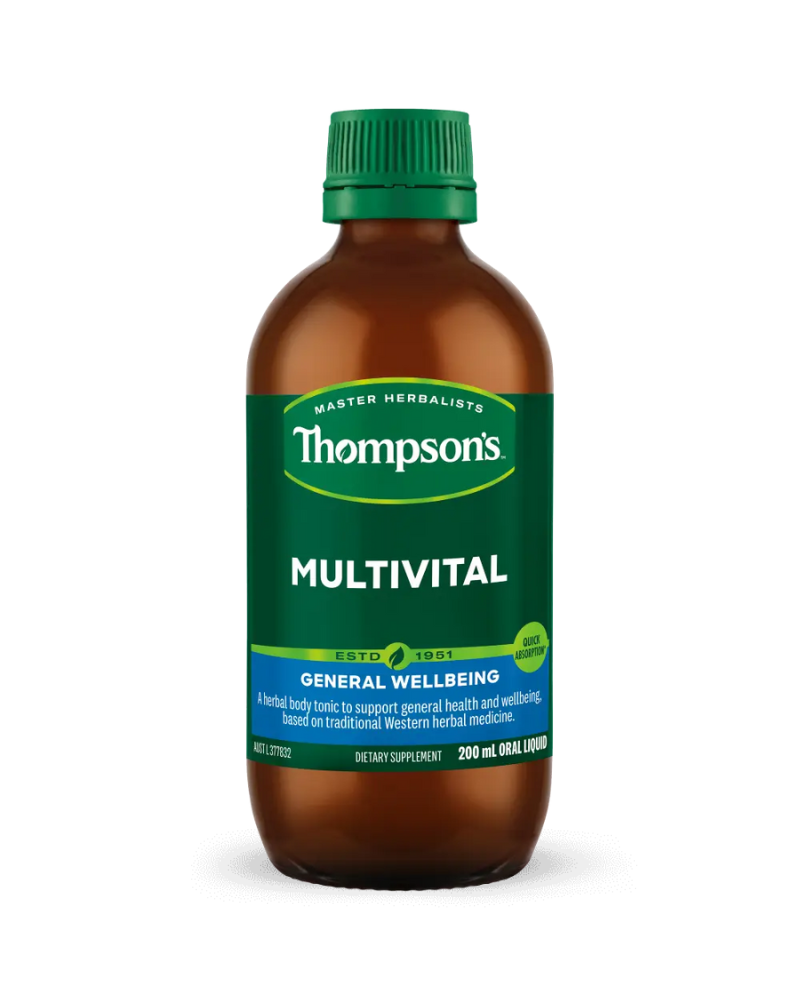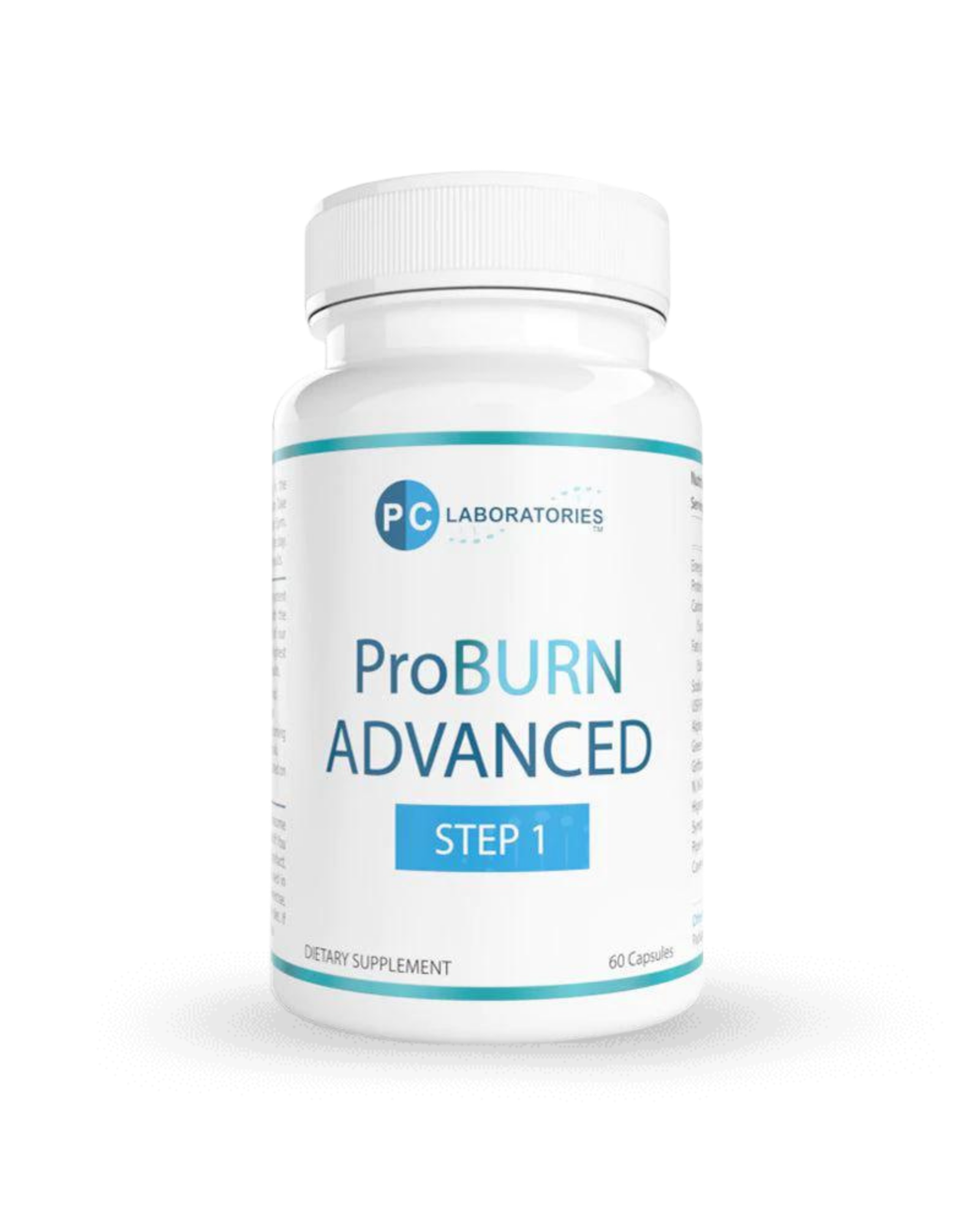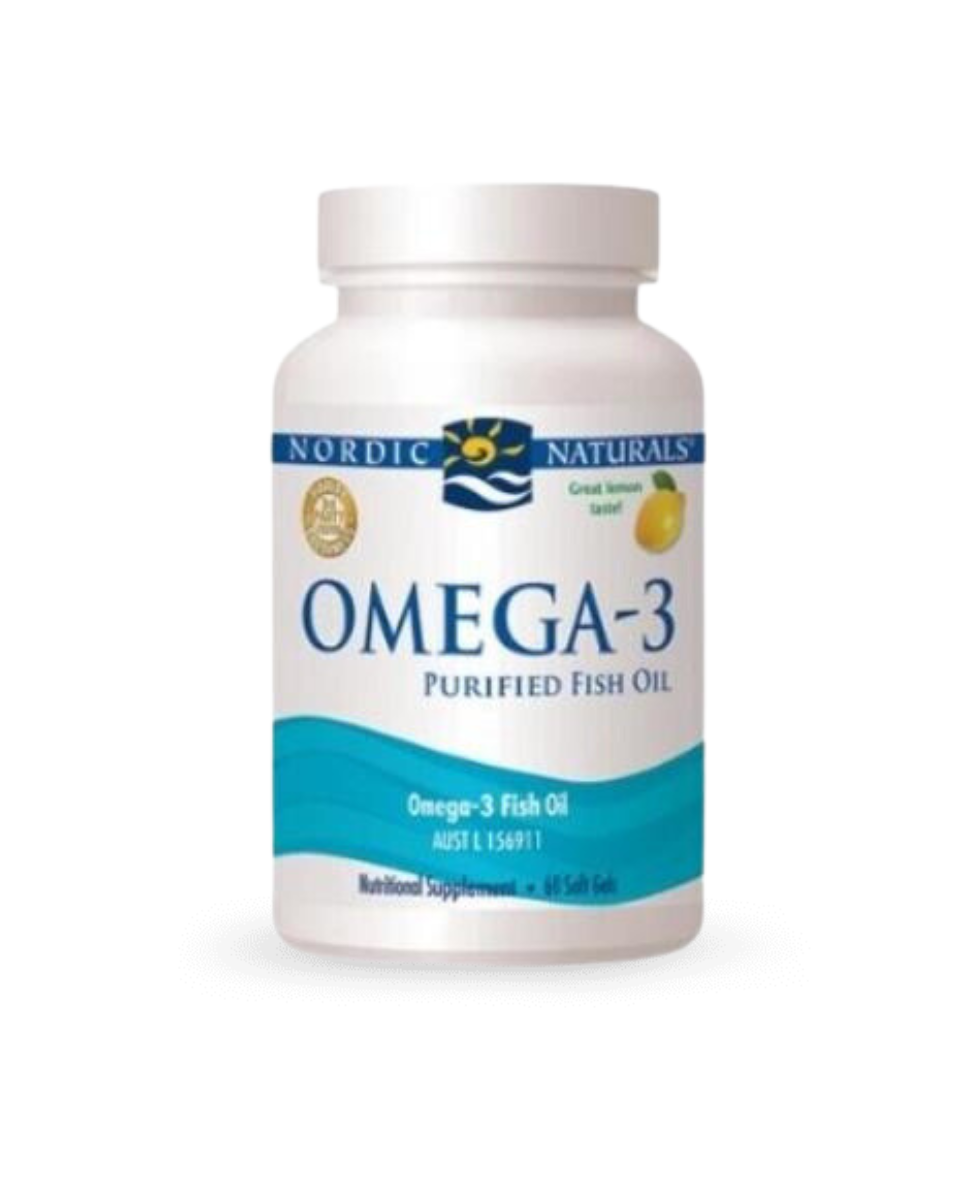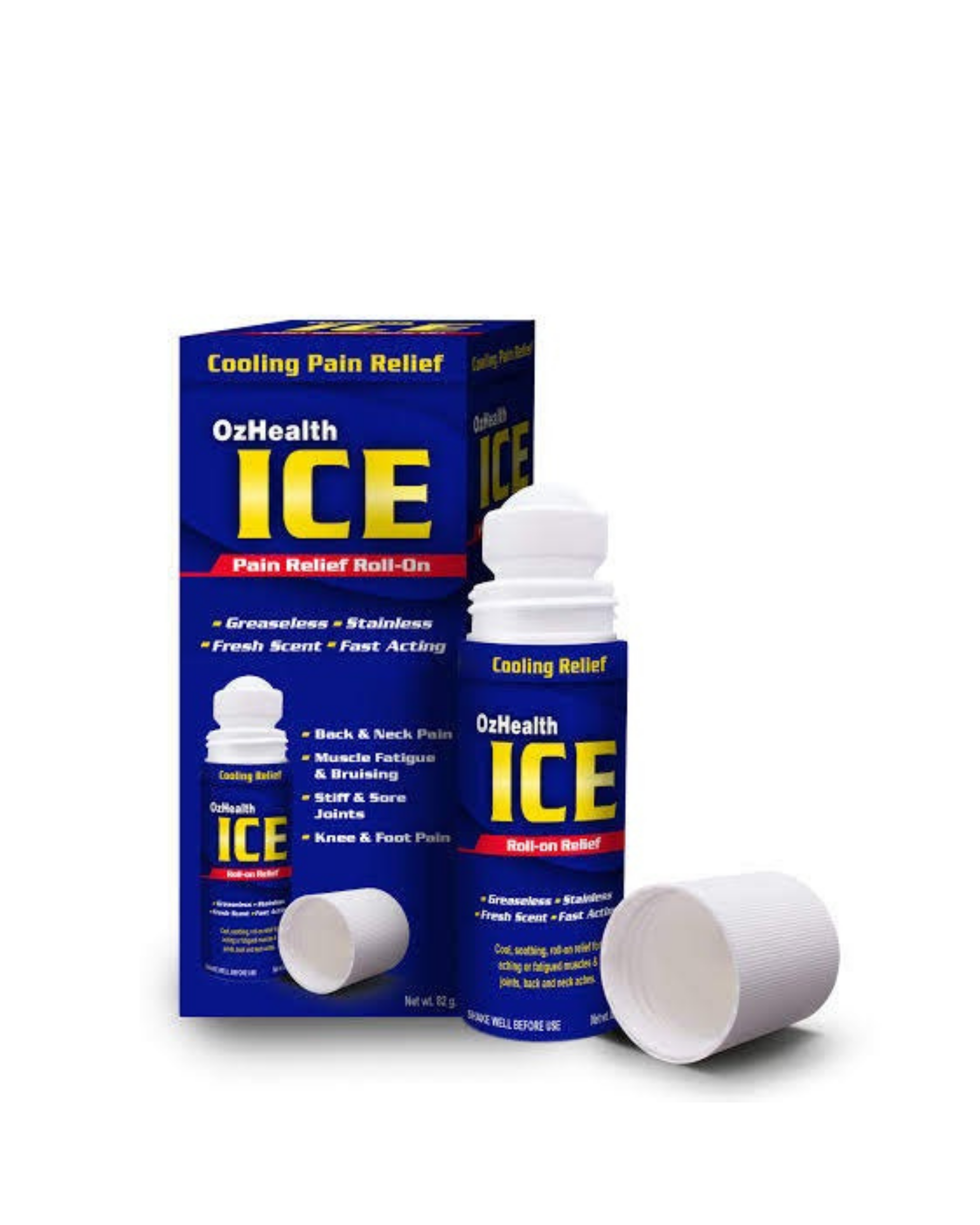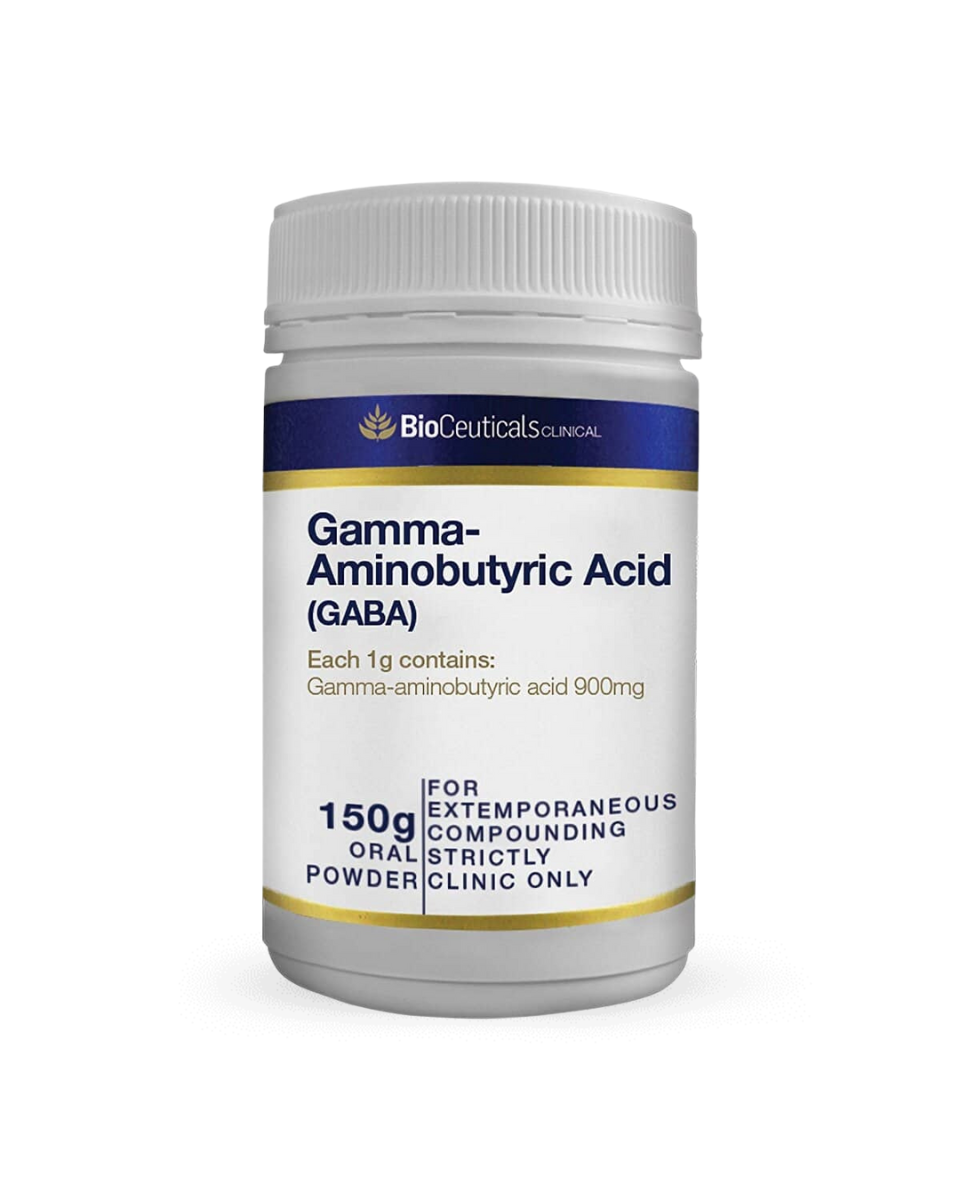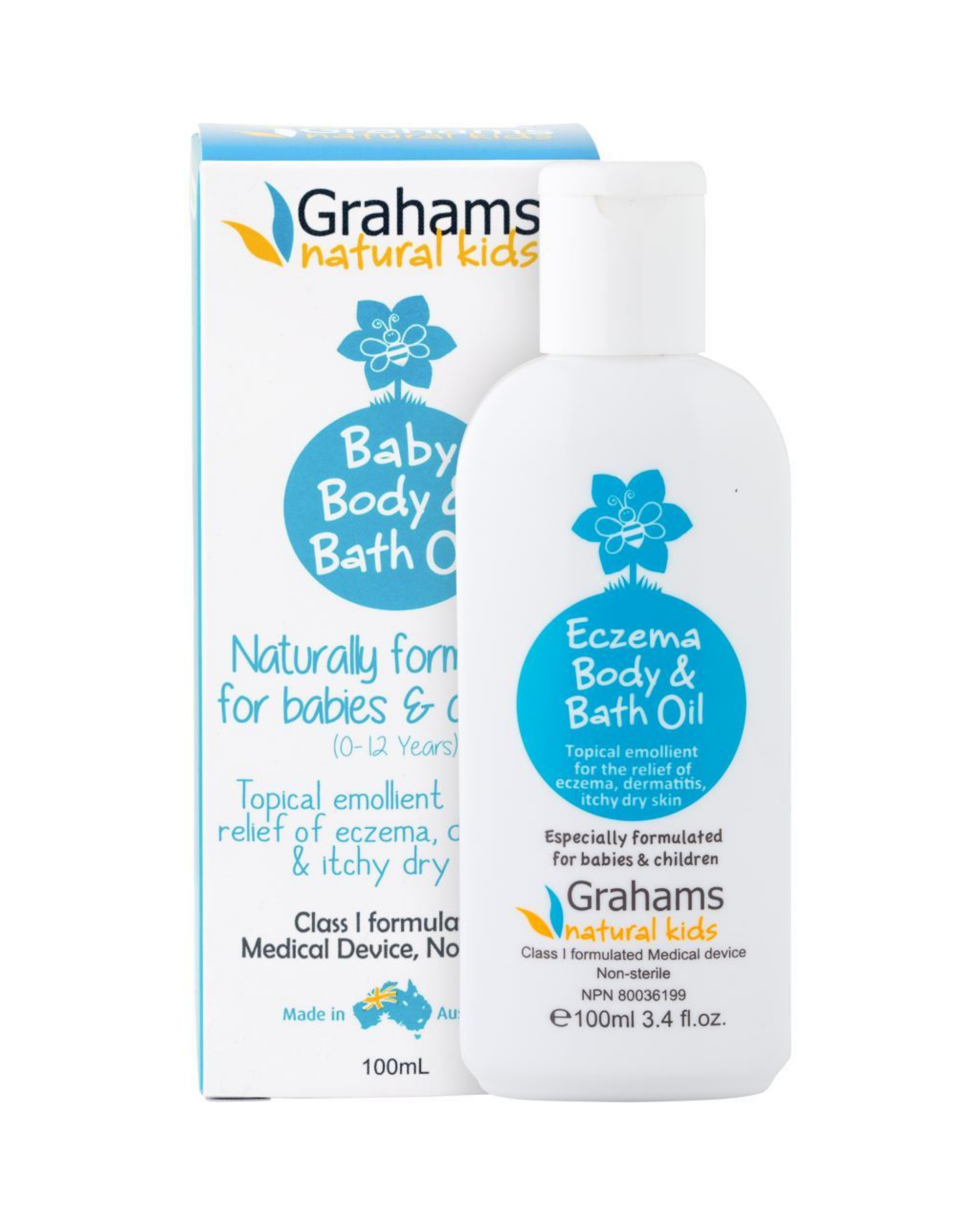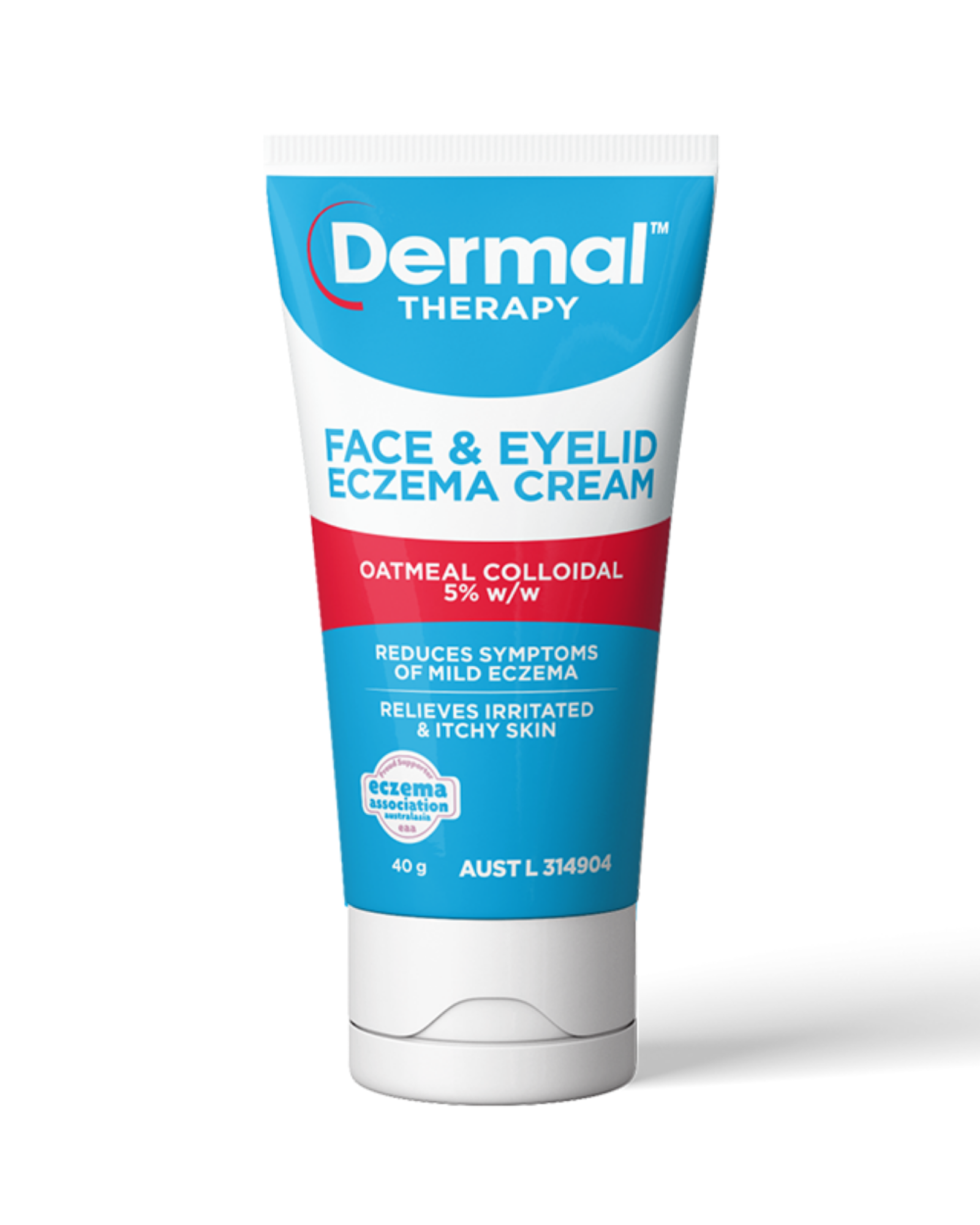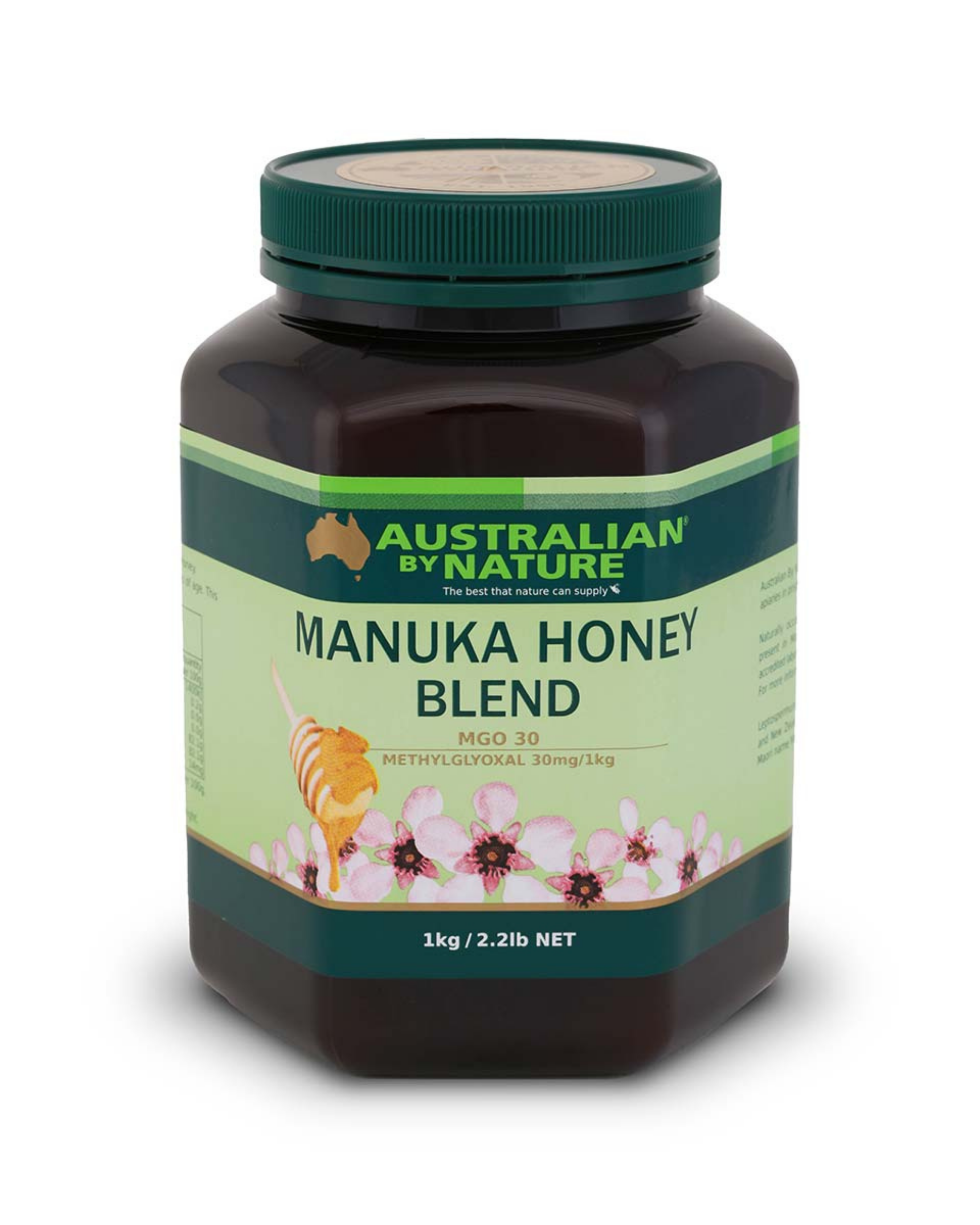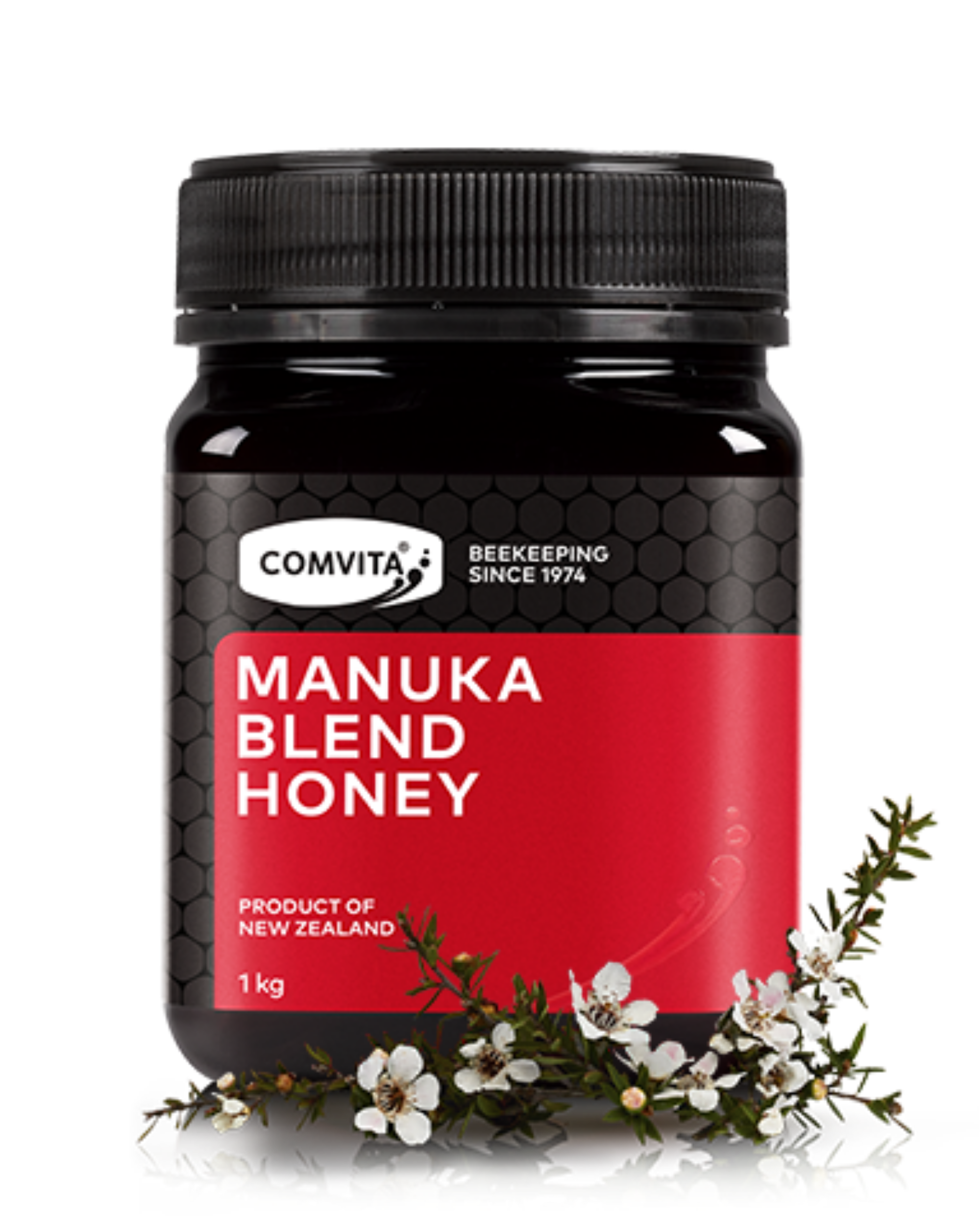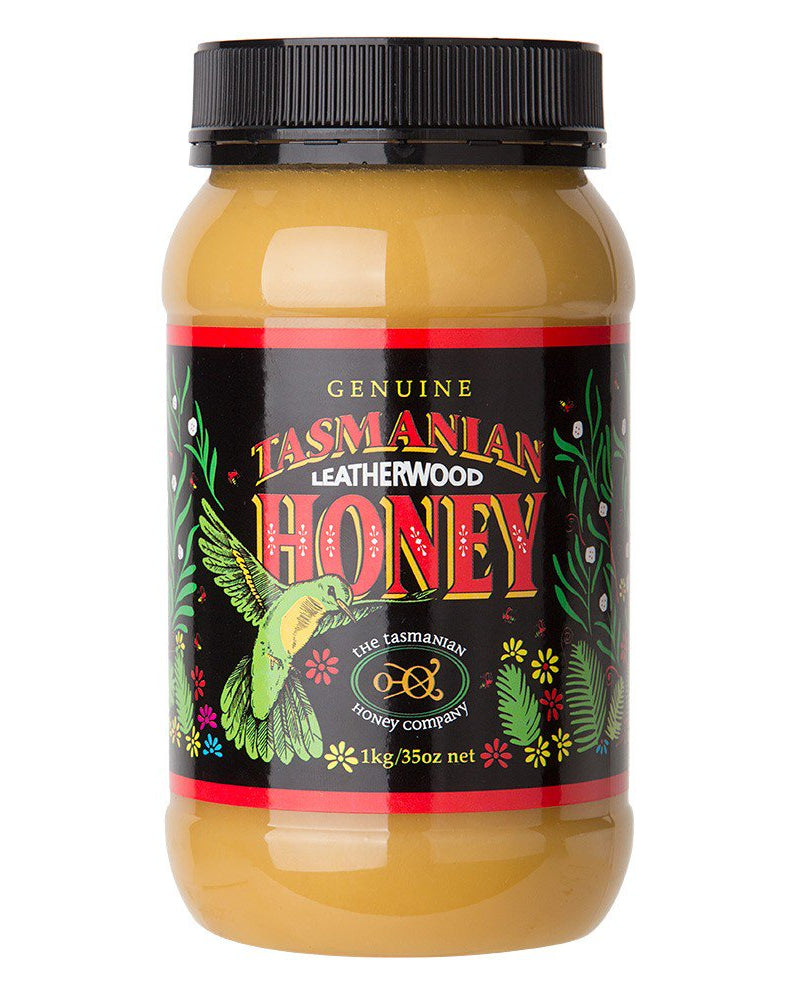
Table of Contents
- Introduction
- What Are Antioxidants?
- How Do Antioxidants Work?
- Types of Antioxidants
- Benefits of Antioxidants
- Where to Find Antioxidants
- Are Supplements Necessary?
- Antioxidants and Exercise
- Antioxidants and Skin Health
- Antioxidants and Inflammation
- Antioxidants and Gut Health
- Antioxidants in Disease Prevention
- Potential Side Effects
- Bioavailability of Antioxidants
- Myths About Antioxidants
- Antioxidants and Aging
- FAQ
- Conclusion
- Related Posts
- Disclaimer
- References
Aging: The One Thing We Can’t Escape... Or Can We?
Aging: unavoidable, but what if you could slow it down without giving up pizza or your favourite treats? Enter antioxidants—your body’s quiet superheroes, fighting off the bad stuff (like free radicals) that cause aging, fatigue, and even disease. It sounds like magic, but it’s real, and it's easier to work into your routine than you might think.
Antioxidants can help you feel more energetic, protect your skin, and keep your body in tip-top shape. And the best part? You don’t need a weird smoothie cleanse to reap the benefits. Ready to feel younger and more vibrant? Let’s get into it!
What Are Antioxidants?
Antioxidants are natural compounds found in a variety of foods that help protect your body from harmful molecules known as free radicals. Free radicals are like the bad guys—they’re unstable molecules that can damage cells and are linked to aging and a range of diseases, including cancer and heart disease. Think of antioxidants as your body's personal bodyguard, keeping everything in check.

- Vitamins: Vitamins like Vitamin C and E are potent antioxidants that protect your cells from damage and boost your immune system.
- Minerals: Minerals like selenium play a key role in neutralising free radicals and reducing oxidative stress.
- Phytonutrients: These are plant-based antioxidants found in colourful fruits and vegetables, such as flavonoids in berries and carotenoids in carrots.
- Enzymes: Some enzymes in your body work as antioxidants, like Superoxide Dismutase (SOD), which helps neutralize free radicals.
Antioxidants are crucial for maintaining health and preventing disease. Whether you're looking to slow down the aging process, boost your immune system, or protect your skin, antioxidants play a key role in supporting your overall well-being.
How Do Antioxidants Work?
Antioxidants work by neutralising free radicals, those pesky unstable molecules that cause damage to our cells. Free radicals are a byproduct of many body processes, such as metabolism, but they can also be produced by external factors like pollution, UV rays, and smoking. When free radicals build up, they cause oxidative stress, which contributes to aging and various diseases. That’s where antioxidants come in!

- Donate Electrons: Antioxidants donate electrons to free radicals, stabilising them and preventing damage to cells, proteins, and DNA.
- Neutralise Free Radicals: By neutralising these harmful molecules, antioxidants protect the body from oxidative stress, which can contribute to chronic diseases.
- Boost Immune Function: Antioxidants like vitamin C and E support the immune system by reducing inflammation and enhancing the body’s ability to fight infections.
- Promote Healthy Aging: By combating oxidative stress, antioxidants help slow the aging process, keeping your skin and organs healthier for longer.
- Protect Against Disease: Antioxidants may reduce the risk of diseases like cancer, heart disease, and neurodegenerative conditions by preventing cellular damage.
In short, antioxidants are the body’s natural defence system. They work tirelessly to keep everything running smoothly, protecting your cells and boosting your overall health.
Types of Antioxidants
Antioxidants come in many forms, each playing a unique role in protecting your body from oxidative stress. While they all work to neutralise free radicals, the way they do it can differ based on their chemical properties. Let’s take a look at the most common types of antioxidants and how they benefit your health.

- Vitamins: Vitamins like vitamin C and E are antioxidants that help protect cells from oxidative damage. Vitamin C also supports the immune system and promotes healthy skin, while vitamin E protects your skin from UV damage.
- Minerals: Selenium and zinc are essential minerals that act as antioxidants. They help prevent oxidative damage and support various enzymes in the body that neutralise free radicals.
- Phytonutrients: Found in fruits, vegetables, and herbs, phytonutrients like flavonoids and carotenoids are antioxidants that support your body’s health in many ways. For example, carotenoids found in carrots and sweet potatoes promote eye health.
- Polyphenols: Found in foods like berries, dark chocolate, and green tea, polyphenols help reduce inflammation and protect against heart disease by neutralising free radicals.
- Enzymes: Enzymatic antioxidants like superoxide dismutase (SOD) and glutathione are produced by your body to neutralize harmful free radicals. They work internally to maintain your body’s health and protect your cells from oxidative stress.
Each type of antioxidant has unique properties that work together to protect your body. Including a variety of antioxidant-rich foods in your diet will ensure you’re getting the broad spectrum of protection your body needs.
Benefits of Antioxidants
Antioxidants provide a wide range of health benefits, from improving heart health to boosting brain function. Let’s take a closer look at how antioxidants can enhance your overall well-being:

- Heart Health: Antioxidants, such as flavonoids, help reduce the risk of cardiovascular diseases by protecting the heart from oxidative stress and improving blood vessel function.
- Brain Health: Antioxidants protect brain cells from oxidative damage, reducing the risk of neurodegenerative diseases like Alzheimer’s and improving cognitive function and memory.
- Skin Health: Antioxidants like vitamins C and E help protect the skin from UV damage, reducing wrinkles, promoting collagen production, and keeping your skin youthful and vibrant.
- Immune System Support: Antioxidants like vitamin C and zinc help boost the immune system by supporting the body’s defence against harmful pathogens and reducing inflammation.
- Anti-inflammatory effects: Many antioxidants, such as polyphenols, help reduce chronic inflammation, which is linked to various diseases, including arthritis, diabetes, and heart disease.
Incorporating a variety of antioxidant-rich foods into your diet can provide your body with comprehensive protection against oxidative stress and help maintain overall health.
Where to Find Antioxidants
Antioxidants can be found in a wide variety of foods, particularly fruits, vegetables, nuts, and seeds. Incorporating these foods into your diet will provide you with a broad range of antioxidants to help protect your body from oxidative stress.

- Berries: Blueberries, strawberries, and raspberries are packed with antioxidants like flavonoids and vitamin C, which help fight free radicals and support your immune system.
- Leafy Greens: Kale, spinach, and broccoli are rich in antioxidants, including vitamins A, C, and E, which support overall health and reduce inflammation.
- Nuts and seeds, such as almonds, walnuts, sunflower seeds, and flaxseeds, contain antioxidants like vitamin E and selenium, which help protect cells and support heart health.
- Spices: Turmeric, cinnamon, and cloves are rich in antioxidant properties that help reduce inflammation and protect against chronic diseases.
- Dark Chocolate: Dark chocolate with high cocoa content is packed with polyphenols, which help lower blood pressure and improve heart health.
By including a variety of these antioxidant-rich foods in your daily diet, you’ll be giving your body the nutrients it needs to protect itself against oxidative stress and support overall health.
Antioxidants and Skin Health
Antioxidants are essential for maintaining healthy skin. They help protect the skin from oxidative stress caused by environmental factors, such as UV rays, pollution, and harsh weather. Incorporating antioxidant-rich foods into your diet can keep your skin looking youthful, vibrant, and protected from aging.

- Protect Against UV Damage: Antioxidants, such as vitamins C and E, help protect the skin from harmful UV rays, reducing the risk of sunburn and premature aging.
- Promote Collagen Production: Vitamin C plays a critical role in collagen synthesis, which is essential for maintaining skin elasticity and preventing wrinkles.
- Fight Free Radical Damage: Antioxidants like beta-carotene, found in carrots and sweet potatoes, help neutralise free radicals, preventing oxidative damage and promoting healthy skin cells.
- Reduce Inflammation: Antioxidants like polyphenols in green tea and dark chocolate have anti-inflammatory properties that help reduce skin redness and puffiness.
- Boost Hydration: Certain antioxidants, like omega-3 fatty acids, help improve the skin's moisture levels and support a healthy skin barrier.
Incorporating antioxidant-rich foods like berries, leafy greens, nuts, and seeds into your diet can help you maintain glowing, youthful skin and protect it from environmental damage.
Antioxidants and Gut Health
Maintaining a healthy gut is crucial for overall well-being, and antioxidants play a key role in supporting gut health. They help reduce inflammation, promote a healthy gut microbiome, and protect the gut lining from oxidative stress. Let’s explore how antioxidants contribute to a healthy gut:

- Reduce Inflammation: Antioxidants like polyphenols found in green tea and berries help reduce gut inflammation, which is linked to many digestive disorders.
- Protect the Gut Lining: Antioxidants such as vitamin C and E help maintain the integrity of the gut lining, preventing leaky gut syndrome and promoting better nutrient absorption.
- Support Healthy Gut Flora: Antioxidants like flavonoids and prebiotics help nourish the good bacteria in the gut, promoting a balanced microbiome and improved digestion.
- Fight Free Radicals: Antioxidants help neutralise free radicals in the gut, preventing oxidative damage that can lead to chronic conditions like irritable bowel syndrome (IBS) and inflammatory bowel disease (IBD).
- Enhance Digestive Health: By reducing oxidative stress and inflammation, antioxidants help improve overall digestive health, supporting the proper functioning of the stomach, intestines, and colon.
Including antioxidant-rich foods such as fruits, vegetables, nuts, and seeds in your diet can help maintain gut health and improve digestion. A healthy gut is the foundation of a healthy body!
Antioxidants in Disease Prevention
Antioxidants play a significant role in protecting your body from oxidative stress, which is linked to several chronic diseases, including heart disease, diabetes, and cancer. Here’s how antioxidants contribute to disease prevention:

- Prevent Heart Disease: Antioxidants like vitamin E and flavonoids protect the blood vessels from oxidative damage, reducing the risk of atherosclerosis and heart disease.
- Reduce Cancer Risk: Certain antioxidants, such as beta-carotene and selenium, help prevent DNA damage and inhibit the growth of cancer cells, thereby reducing the risk of various cancers.
- Support Diabetes Management: Antioxidants help regulate blood sugar levels and improve insulin sensitivity, supporting the prevention and management of type 2 diabetes.
- Protect Brain Health: Antioxidants like vitamin C and flavonoids protect brain cells from oxidative stress, improving memory and reducing the risk of neurodegenerative diseases like Alzheimer's and Parkinson's.
- Enhance Immune Function: Antioxidants support a healthy immune system by reducing inflammation and helping the body fight off infections.
Incorporating antioxidant-rich foods like fruits, vegetables, nuts, and seeds into your diet can help reduce the risk of these chronic diseases, promoting long-term health and well-being.
Antioxidants and Exercise
Regular physical activity is crucial for overall health, and antioxidants play a vital role in supporting the body during exercise. They help reduce oxidative stress, promote muscle recovery, and boost overall performance. Here’s how antioxidants can benefit your exercise routine:

- Reduce Exercise-Induced Oxidative Stress: Intense exercise increases the production of free radicals in the body. Antioxidants help neutralise these free radicals and reduce oxidative damage to muscles and tissues.
- Support Muscle Recovery: Antioxidants like vitamin C and E help reduce inflammation and promote faster recovery after exercise by repairing muscle tissue and reducing soreness.
- Boost Endurance: Consuming antioxidant-rich foods can help improve endurance by reducing fatigue and enhancing the body's ability to perform physical activity for extended periods.
- Improve Immune Function: Intense exercise can temporarily suppress the immune system. Antioxidants help strengthen the immune response and reduce the risk of infections after exercise.
- Protect Against Exercise-Related Injury: Antioxidants, such as flavonoids, help protect tissues and cells from exercise-induced damage, preventing long-term injury and promoting overall joint health.
Including antioxidant-rich foods such as berries, leafy greens, nuts, and seeds in your diet can help enhance your exercise performance, speed up recovery, and protect your body from oxidative stress caused by physical activity.
Antioxidants and Inflammation
Chronic inflammation is linked to many health problems, including arthritis, heart disease, and even some forms of cancer. Antioxidants play a crucial role in reducing inflammation in the body, helping to protect cells, alleviate pain, and promote recovery. Here's how antioxidants help manage and prevent inflammation:

- Neutralise Free Radicals: Antioxidants help neutralise free radicals, which are a major cause of inflammation in the body. By stabilising these free radicals, antioxidants prevent the inflammatory response triggered by oxidative stress.
- Reduce Chronic Inflammation: Antioxidants like vitamin C, E, and flavonoids help reduce the levels of inflammatory molecules, improving symptoms in conditions such as arthritis, cardiovascular disease, and inflammatory bowel disease.
- Support Immune Function: A balanced immune response is crucial for controlling inflammation. Antioxidants help support the immune system, preventing it from overreacting and causing unnecessary inflammation.
- Relieve Pain and Swelling: Antioxidants, particularly polyphenols found in foods like berries, green tea, and dark chocolate, help reduce pain and swelling associated with chronic inflammation.
- Improve Recovery: Antioxidants help reduce oxidative damage caused by exercise or injury, speeding up recovery by reducing muscle inflammation and soreness.
Incorporating antioxidant-rich foods into your diet—like fruits, vegetables, nuts, and seeds—can help manage inflammation and improve overall health. By reducing chronic inflammation, antioxidants play a key role in preventing and managing disease.
Are Supplements Necessary?
While antioxidants from food sources are ideal, supplements can be helpful in certain situations, especially when it’s challenging to get enough antioxidants from diet alone. But are supplements necessary for everyone? Let’s break it down:

- Supplementing for Deficiencies: If you have a deficiency in certain antioxidants, such as vitamin C or E, supplements can help fill the gap and prevent health issues related to low levels.
- Convenience: Supplements can be a convenient way to ensure you’re getting enough antioxidants, especially if you have a busy lifestyle or specific dietary restrictions.
- Targeted Health Benefits: Certain supplements may provide targeted health benefits, such as supporting immune function, reducing inflammation, or protecting against heart disease, depending on the specific antioxidant.
- Not a Substitute for Food: Supplements should never replace whole foods in your diet. Whole foods provide a broader spectrum of nutrients and fibre that supplements cannot offer.
- Consult with a Healthcare Professional: Before starting any supplement regimen, it’s important to consult with a healthcare professional, especially if you have existing health conditions or are on medication.
Incorporating antioxidant-rich foods into your diet should always be the first choice, but supplements can play a helpful role in some instances. Balance is key!
Potential Side Effects
While antioxidants are great for your health, there can be such a thing as "too much of a good thing." In some cases, taking too many antioxidants—especially in supplement form—can have side effects. Here’s what you need to know:
Excessive Intake of Vitamin E: Vitamin E is a powerful antioxidant, but consuming too much of it can interfere with blood clotting, which increases the risk of bleeding. It’s always better to get this vitamin through food sources like nuts and seeds, rather than high-dose supplements.
Beta-Carotene and Smokers: While beta-carotene is excellent for skin and vision, studies have shown that high doses of beta-carotene supplements can actually increase the risk of lung cancer in smokers. So, if you smoke, it's best to avoid high-dose beta-carotene supplements.
Overuse of Antioxidant Supplements: Taking too many antioxidant supplements, such as vitamin C, can cause digestive upset, including diarrhea or kidney stones. Your body usually absorbs what it needs from food, so supplements may not be necessary unless a doctor recommends them.
Interactions with Medications: Some antioxidant supplements may interact with prescription medications. For example, vitamin C can interfere with the effectiveness of certain chemotherapy treatments. Always check with a healthcare provider before starting any new supplements.
While antioxidants from food are generally safe and beneficial, it’s essential to use supplements cautiously. In most cases, a balanced diet full of colourful fruits, vegetables, and whole grains is your best bet for getting the antioxidants your body needs without the risk of side effects.
Bioavailability of Antioxidants
Bioavailability refers to the amount of a nutrient that is absorbed and utilised by the body. Even though a food or supplement may contain high levels of antioxidants, the body’s ability to absorb and use them can vary. Here’s what you need to know about the bioavailability of antioxidants:

- Food Sources Are Best: Antioxidants from whole foods, such as fruits, vegetables, and nuts, tend to be better absorbed by the body compared to supplements due to the synergistic effect of other nutrients and fibre.
- Cooking and Processing: The way food is prepared can affect its antioxidant content. For example, steaming or boiling vegetables may reduce some antioxidant levels, while other cooking methods, such as roasting, may preserve them.
- Fat-Soluble vs. Water-Soluble Antioxidants: Some antioxidants, like vitamins A, D, E, and K, are fat-soluble, meaning they’re better absorbed when consumed with healthy fats. Water-soluble antioxidants, like vitamin C, are absorbed directly into the bloodstream.
- Gut Health Matters: A healthy gut is essential for optimal absorption of antioxidants. The better your gut health, the more efficiently your body can absorb and utilise antioxidants.
- Supplement Absorption: Antioxidant supplements may not be as bioavailable as those from food sources. Some supplements are designed to improve absorption, but it's always best to get your nutrients from whole foods first.
To maximise the benefits of antioxidants, focus on consuming a variety of whole foods that provide a broad range of antioxidants, and ensure your body is in the best condition to absorb them.
Myths About Antioxidants
There are several misconceptions surrounding antioxidants, their benefits, and how they work in the body. Let’s debunk some of the most common myths about antioxidants:
- Myth 1: More Antioxidants = Better Health: While antioxidants are essential for health, consuming excessive amounts, particularly through supplements, doesn’t automatically translate into better health outcomes.
- Myth 2: Antioxidants Can Cure Diseases: Antioxidants play a role in disease prevention, but they are not a cure-all. They help protect against oxidative stress, but they do not cure diseases like cancer or heart disease on their own.
- Myth 3: All Antioxidants Are the Same: Not all antioxidants are created equal. Different antioxidants work in different ways, and some may be more effective at protecting specific areas of the body, such as the heart or brain.
- Myth 4: Antioxidants Are Only Found in Supplements: Antioxidants are most effectively obtained from whole foods like fruits, vegetables, nuts, and seeds. Supplements can be helpful, but they should not replace a healthy diet.
- Myth 5: Antioxidants Only Benefit the Skin: While antioxidants are great for skin health, they also benefit other parts of the body, such as improving brain health, supporting heart health, and boosting the immune system.
By understanding the proper role of antioxidants in the body and debunking these myths, you can make better choices about how to incorporate them into your diet for maximum health benefits.
Antioxidants and Aging
As we age, our bodies experience an increase in oxidative stress, which contributes to the aging process and the development of age-related diseases. Antioxidants play a key role in combating this oxidative damage and can help slow down the visible effects of aging. Here's how antioxidants help in the fight against aging:

- Combat Skin Aging: Antioxidants like vitamins C and E help protect the skin from UV damage, reduce wrinkles, and promote a youthful appearance by neutralising free radicals that cause skin aging.
- Protect Against Cellular Damage: Antioxidants help protect cells from oxidative damage, reducing the effects of aging on tissues and organs, which is especially beneficial for the brain, heart, and liver.
- Improve Skin Elasticity: Certain antioxidants, such as lycopene and beta-carotene, found in tomatoes and carrots, can improve skin elasticity, reducing sagging and helping to maintain a firm skin structure.
- Reduce Inflammation: Chronic inflammation is a key factor in the aging process. Antioxidants, such as polyphenols in green tea and berries, help reduce inflammation and protect against age-related diseases like arthritis and cardiovascular disease.
- Support Cognitive Function: Antioxidants such as flavonoids and omega-3 fatty acids help protect the brain from age-related cognitive decline, supporting memory, focus, and overall brain health.
By incorporating antioxidant-rich foods like berries, leafy greens, nuts, and seeds into your diet, you can help reduce oxidative stress, protect your cells, and slow down the aging process.
Frequently Asked Questions (FAQ)
Antioxidants are molecules that neutralise free radicals in the body, reducing oxidative stress. They help protect cells from damage and reduce the risk of chronic diseases.
Antioxidants protect the skin from oxidative damage caused by UV rays and pollution, helping reduce wrinkles and fine lines. They also combat cellular aging, reducing the effects of age-related diseases.
Yes! A diet rich in fruits, vegetables, nuts, and seeds provides an ample supply of antioxidants. Supplements can be used if necessary, but food sources offer additional nutrients that enhance antioxidant absorption.
Excessive intake of antioxidants, especially from supplements, can lead to side effects such as digestive upset or interfere with medications. It's best to get antioxidants from food and use supplements cautiously.
Foods rich in antioxidants include berries (blueberries, strawberries), leafy greens (spinach, kale), nuts (almonds, walnuts), seeds (sunflower seeds), and spices (turmeric, cinnamon).
Conclusion
Antioxidants play a vital role in maintaining health and preventing disease. From protecting against oxidative stress to supporting healthy aging, antioxidants are essential for overall well-being. Whether you get them through a balanced diet rich in fruits, vegetables, nuts, and seeds, or from supplements (when necessary), incorporating antioxidants into your daily routine can have long-lasting benefits.
Remember, antioxidants work best when consumed in moderation, and it's always best to prioritise food sources over supplements. A healthy lifestyle that includes a variety of antioxidant-rich foods, regular exercise, proper hydration, and good sleep hygiene will help you stay young, energised, and disease-free.
Now that you know how antioxidants work and why they’re so important, it’s time to take action. Start by adding more antioxidant-rich foods to your meals and reap the numerous health benefits they offer!
Disclaimer
The information provided in this article is intended for general informational purposes only and should not be considered medical advice. While antioxidants play a key role in supporting health, their effectiveness can vary based on individual health conditions, lifestyle, and diet.
Always consult with a healthcare provider before making any changes to your diet, exercise, or supplement routine, especially if you have underlying health conditions or are taking medications. This article is not intended to diagnose, treat, cure, or prevent any disease.
Individual results may vary, and the content in this article is based on general scientific knowledge at the time of writing. Please conduct your own research and seek professional advice when necessary.





